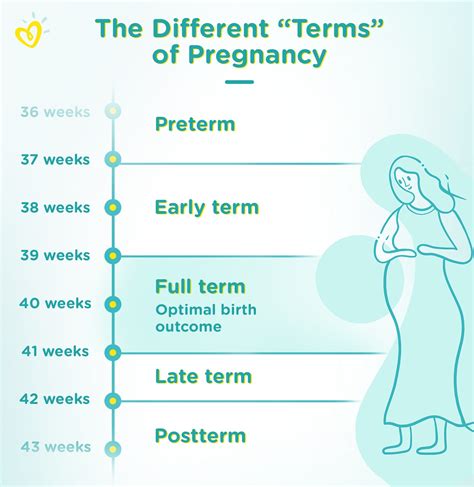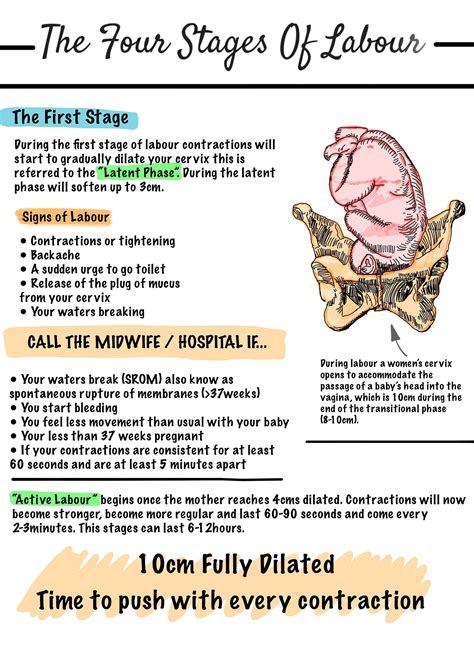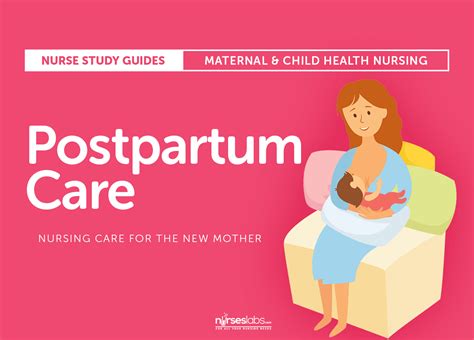Intro
Discover 5 essential facts about full term pregnancy, including due date calculations, fetal development, and labor preparations, to ensure a healthy birth and newborn care, with insights on pregnancy complications and prenatal checkups.
Pregnancy is a complex and fascinating process that culminates in the birth of a new life. As the pregnancy reaches its full term, the excitement and anticipation of meeting the new baby grow. However, this period is also crucial for the health and well-being of both the mother and the baby. Understanding the various aspects of full-term pregnancy is essential for expectant mothers to ensure a smooth and healthy delivery. In this article, we will delve into the world of full-term pregnancy, exploring its definition, signs, and symptoms, as well as the necessary precautions and preparations for a successful delivery.
As the due date approaches, expectant mothers often wonder what to expect and how to prepare for the arrival of their baby. Full-term pregnancy typically lasts between 37 and 42 weeks, with 40 weeks being the average gestation period. During this time, the baby continues to grow and develop, and the mother's body undergoes significant changes to prepare for childbirth. The signs and symptoms of full-term pregnancy can vary from woman to woman, but common experiences include back pain, Braxton Hicks contractions, and a general feeling of being ready to give birth.
The journey to full-term pregnancy is long and arduous, but the end result is well worth the effort. As the big day approaches, expectant mothers are filled with excitement and anticipation. They may have already prepared the nursery, chosen a name, and read up on parenting tips. However, it is essential to stay focused on the health and well-being of both the mother and the baby. Regular prenatal check-ups, a balanced diet, and adequate rest are crucial for a healthy pregnancy. Additionally, expectant mothers should be aware of the signs of labor and be prepared to head to the hospital at a moment's notice.
Definition of Full Term Pregnancy

Signs and Symptoms of Full Term Pregnancy
The signs and symptoms of full-term pregnancy can vary from woman to woman, but common experiences include: * Back pain: As the baby grows and moves down into the pelvis, back pain can become more pronounced. * Braxton Hicks contractions: These practice contractions can help prepare the uterus for labor and may become more frequent as the due date approaches. * Pelvic pressure: As the baby moves down into the pelvis, expectant mothers may feel pressure and discomfort in the pelvic area. * Nausea and vomiting: Some women may experience a resurgence of morning sickness as the due date approaches. * Fatigue: Carrying a full-term pregnancy can be exhausting, and expectant mothers may feel tired and lethargic.Precautions and Preparations for Full Term Pregnancy

Common Complications of Full Term Pregnancy
While full-term pregnancy is generally considered a safe and healthy period, there are certain complications that can arise. These include: * Gestational diabetes: This condition can develop during pregnancy and increase the risk of complications during delivery. * Preeclampsia: This condition can cause high blood pressure and damage to the kidneys and liver. * Placenta previa: This condition can cause bleeding during delivery and increase the risk of complications. * Fetal distress: This condition can cause the baby to become stressed and increase the risk of complications during delivery.Stages of Labor and Delivery

Pain Management Options for Full Term Pregnancy
Pain management is a crucial aspect of full-term pregnancy, and there are several options available to expectant mothers. These include: * Natural methods: Techniques such as breathing, massage, and hydrotherapy can help manage pain during labor. * Medications: Medications such as opioids and epidural anesthesia can help manage pain during labor. * Alternative therapies: Techniques such as acupuncture and hypnosis can help manage pain during labor.Postpartum Care and Recovery

Common Postpartum Complications
While the postpartum period is generally considered a safe and healthy time, there are certain complications that can arise. These include: * Postpartum hemorrhage: This condition can cause excessive bleeding during the postpartum period. * Postpartum depression: This condition can cause feelings of sadness, anxiety, and hopelessness during the postpartum period. * Postpartum infection: This condition can cause infection and inflammation during the postpartum period.Conclusion and Final Thoughts

What is the definition of full-term pregnancy?
+Full-term pregnancy is defined as a pregnancy that has reached 37 weeks of gestation or more.
What are the signs and symptoms of full-term pregnancy?
+The signs and symptoms of full-term pregnancy can vary from woman to woman, but common experiences include back pain, Braxton Hicks contractions, and pelvic pressure.
What are the necessary precautions and preparations for full-term pregnancy?
+Regular prenatal check-ups, a balanced diet, and adequate rest are crucial for a healthy pregnancy. Additionally, expectant mothers should prepare for breastfeeding and create a birth plan.
